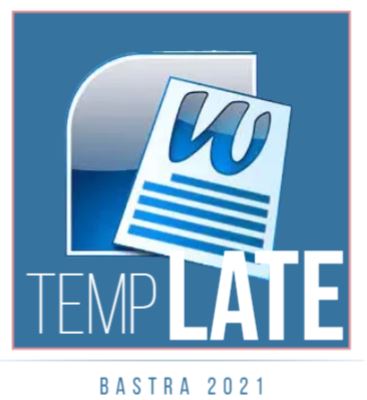IMPLIKATUR PERCAKAPAN DAN PELANGGARAN PRINSIP KERJA SAMA DALAM DIALOG HUMOR
Keywords:
implicature, violation, cooperative principle, humorAbstract
People express their purpose or intention of saying in different ways, so that, listener or reader could or could not probably understand the meaning of the expression. It can probably be caused by the implicitness of the meaning of sentences being used. Even more happening to the dialogue of humor. Therefore, humor can cause laughter to the listener and has the properties contain unexpected surprises, breaking taboos, thereby intentionally causing ambiguity, when the communication process takes place. It thus called conversational implicatures and violation of the cooperative principle. Following the findings of the conversational humor, namely (1) the forms implicatures found a conversational implicatures in the form of questions and statements of praise; (2) forms of violation of the cooperative principle in the humor found maxim (maxim of quantity, quality maxims, maxims and relation). Three forms of speech in conversational humor generally describe social phenomenon that is happening in society today; (3) Some of the factors that influence the infringement the cooperative principle, based on the data analysis of violations of the cooperative principles, was namely factors of social conditions and humor.
Downloads
Published
How to Cite
Issue
Section
License
Authors who publish with PENTAS agree to the following terms:
Authors retain copyright and grant the Engagement right of first publication with the work simultaneously licensed under a Creative Commons Attribution License (CC BY-SA 4.0) that allows others to share (copy and redistribute the material in any medium or format) and adapt (remix, transform, and build upon the material) the work for any purpose, even commercially with an acknowledgement of the work's authorship and initial publication in BASTRA.
Authors are able to enter into separate, additional contractual arrangements for the non-exclusive distribution of the journal's published version of the work (e.g., post it to an institutional repository or publish it in a book), with an acknowledgement of its initial publication in BASTRA.
Authors are permitted and encouraged to post their work online (e.g., in institutional repositories or on their website) prior to and during the submission process, as it can lead to productive exchanges, as well as earlier and greater citation of published work (See The Effect of Open Access).

This work is licensed under a Creative Commons Attribution-ShareAlike 4.0 International License.








